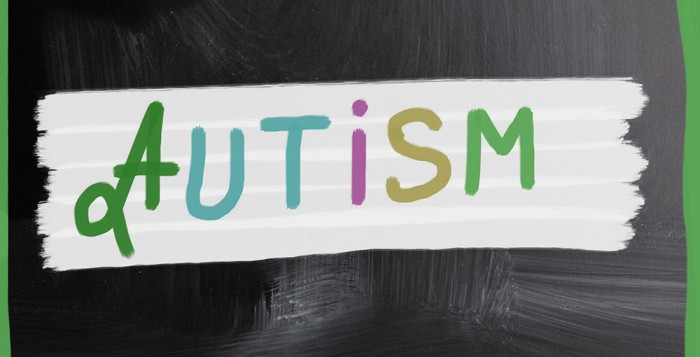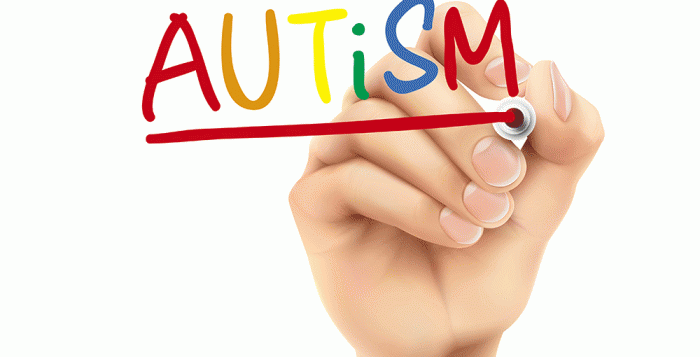CDC has launched a new four-year phase of funding for the Autism and Developmental Disabilities Monitoring (ADDM) Network, the only collaborative network to track the number and characteristics of children with autism spectrum disorder (ASD) and other developmental disabilities in multiple communities throughout the United States. Over the next four years, CDC will invest more than $20 million to continue tracking at nine sites previously included in the ADDM Network, while also launching activities at one new site.
All 10 sites will track ASD among 4-year-old and 8-year-old children. Four of the sites will also track transition planning and co-occurring conditions among 16-year-old children with ASD. In addition to the 10 funded sites, our CDC-managed site in Georgia, the Metropolitan Developmental Disabilities Surveillance Program (MADDSP), will also conduct ASD surveillance activities among 4-, 8-, and 16-year-old children.
















